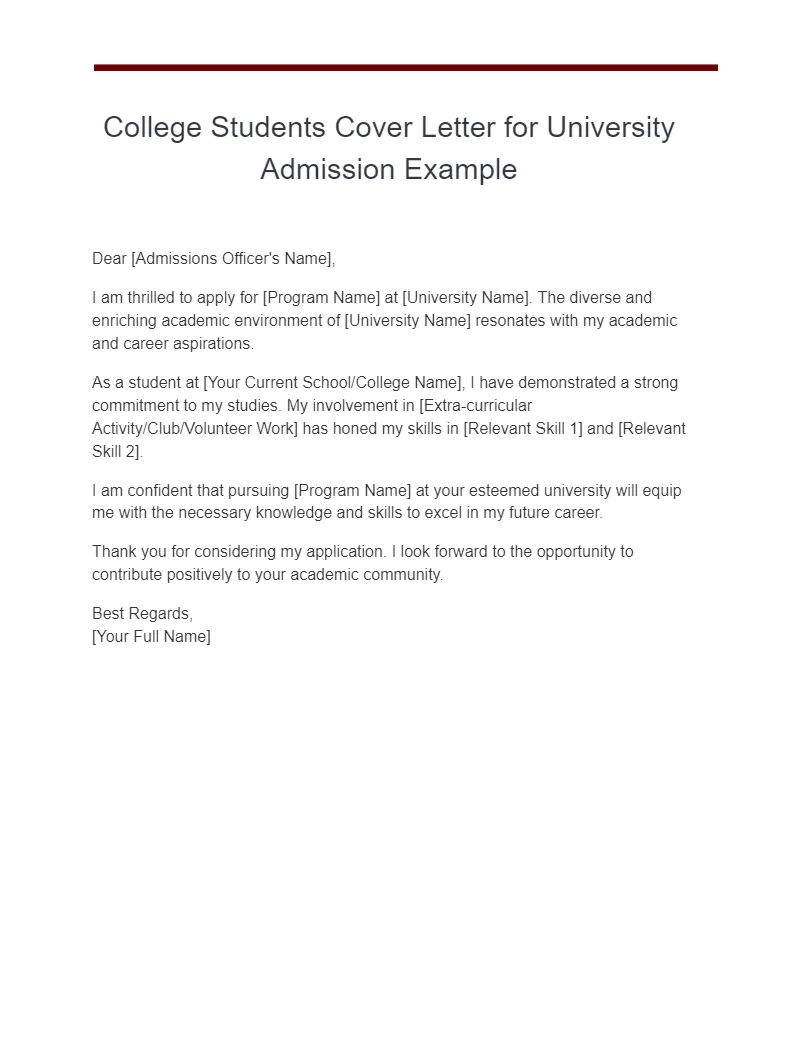What is a Cover Letter (and Why You Need One)
A cover letter is a crucial document that accompanies your resume when you apply for jobs or internships. Unlike your resume, which provides a snapshot of your skills and experience, a cover letter allows you to personalize your application, express your enthusiasm for the role, and highlight how your qualifications align with the specific requirements of the position. For college students, a well-crafted cover letter is particularly important because it allows you to compensate for a potentially limited work history by showcasing your academic achievements, extracurricular activities, and transferable skills. A strong cover letter can significantly increase your chances of landing an interview, making it an essential tool in your job search arsenal. The best cover letter can make a huge difference!
Cover Letter Structure Essentials
A cover letter, while personalized, should follow a standard structure to ensure clarity and professionalism. This structure helps you organize your thoughts and present your information in a logical and easily digestible format. Each section plays a critical role in conveying your qualifications and enthusiasm. Understanding the structure helps you create a cover letter that is both compelling and effective. Adhering to a well-defined structure demonstrates your attention to detail and your understanding of professional communication. Let’s break down each component to ensure you’re putting your best foot forward.
Your Contact Information
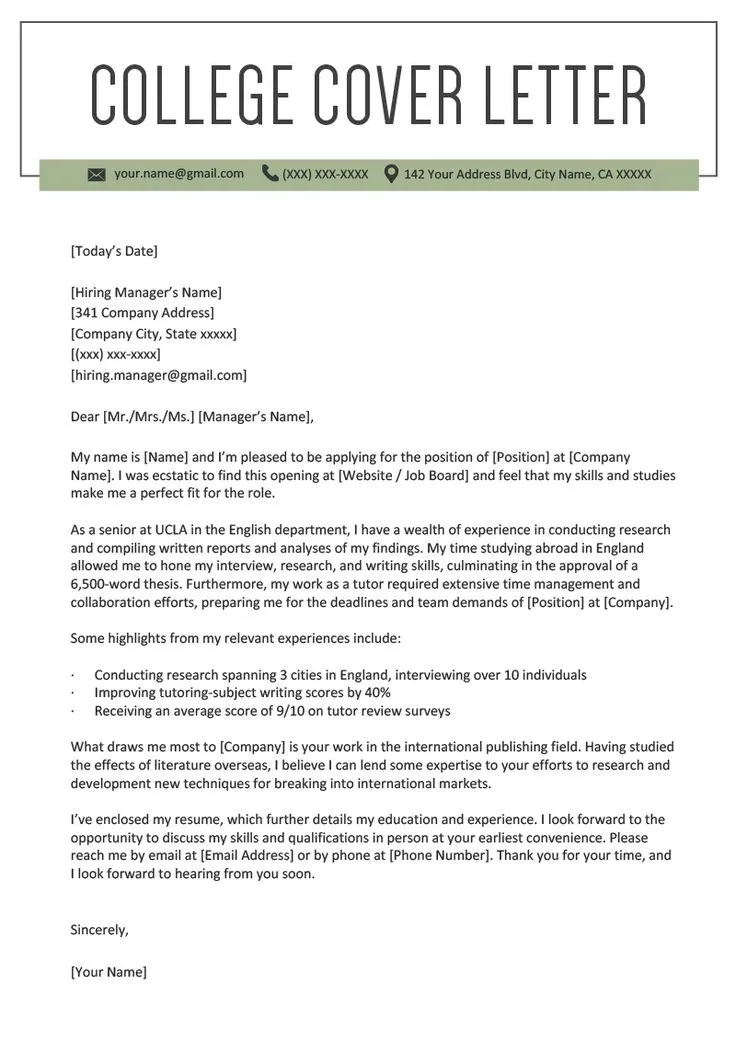
Start with your full name, address, phone number, and professional email address at the top of the letter. Make sure the email address is professional (e.g., firstname.lastname@email.com) and that your voicemail greeting is also professional. This allows the hiring manager to easily contact you. Ensure your contact information is accurate and up-to-date. This ensures that the employer can reach you when they are ready to offer an interview.
The Date
Include the current date, aligned either left or right, below your contact information. This establishes when you sent the application. It is a simple formality, but an essential part of the structure. Be consistent with the date format throughout your document.
Hiring Manager’s Information
Address the letter to the hiring manager by name, if possible. Research the company and the specific person responsible for hiring to personalize the letter. If you can’t find a name, use a professional title like ‘Hiring Manager’. This shows you’ve done your research and are genuinely interested in the opportunity, making your application stand out. Personalizing your letter indicates that you are taking initiative to find the contact information of the hiring manager, and shows you’re serious about the role.
Opening Paragraph
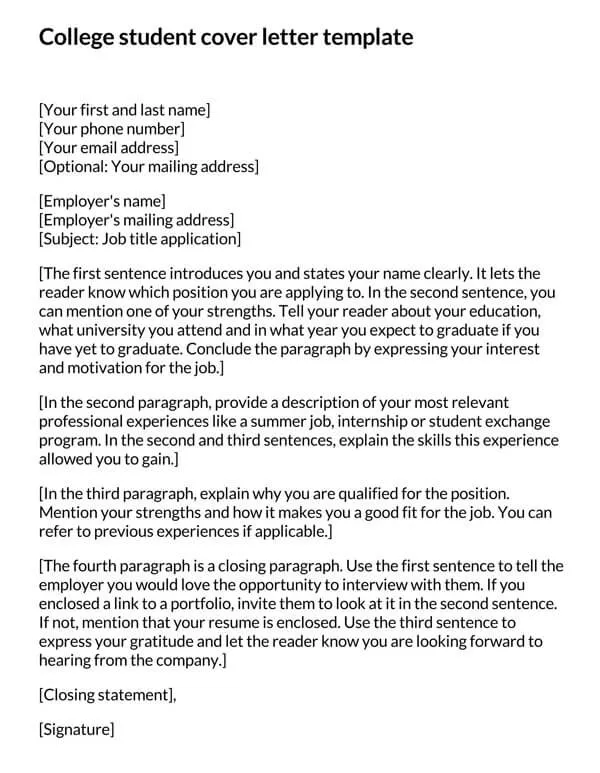
Begin with a strong opening paragraph that immediately grabs the reader’s attention. State the position you are applying for and how you learned about the opportunity. Briefly mention your key qualifications and your enthusiasm for the role and the company. A compelling opening paragraph sets the tone for the rest of your letter and encourages the reader to continue reading. Be direct, specific, and show your excitement. Do not be generic; tailor the opening to the specific job.
How to Grab Their Attention
To grab the hiring manager’s attention, start with a compelling hook. This could be a brief statement of your passion for the field, a mention of a company value that resonates with you, or a quick highlight of a relevant achievement. Tailor this hook to the specific job and company to show genuine interest. Avoid generic statements; make it personal and relevant. This is your chance to make a memorable first impression, so make it count. This should make the reader want to learn more about your experiences and skills.
Highlighting Your Skills & Experience
The main body of your cover letter should highlight your skills and experience. Focus on what makes you a good fit for the job. Even with limited work experience, you can still demonstrate value. Connect your experiences, coursework, and extracurricular activities to the job requirements, providing specific examples. This section is where you demonstrate how your skills align with the role, making a strong case for why you’re the right candidate. Be clear, concise, and tailored to each job application.
Showcase Relevant Coursework
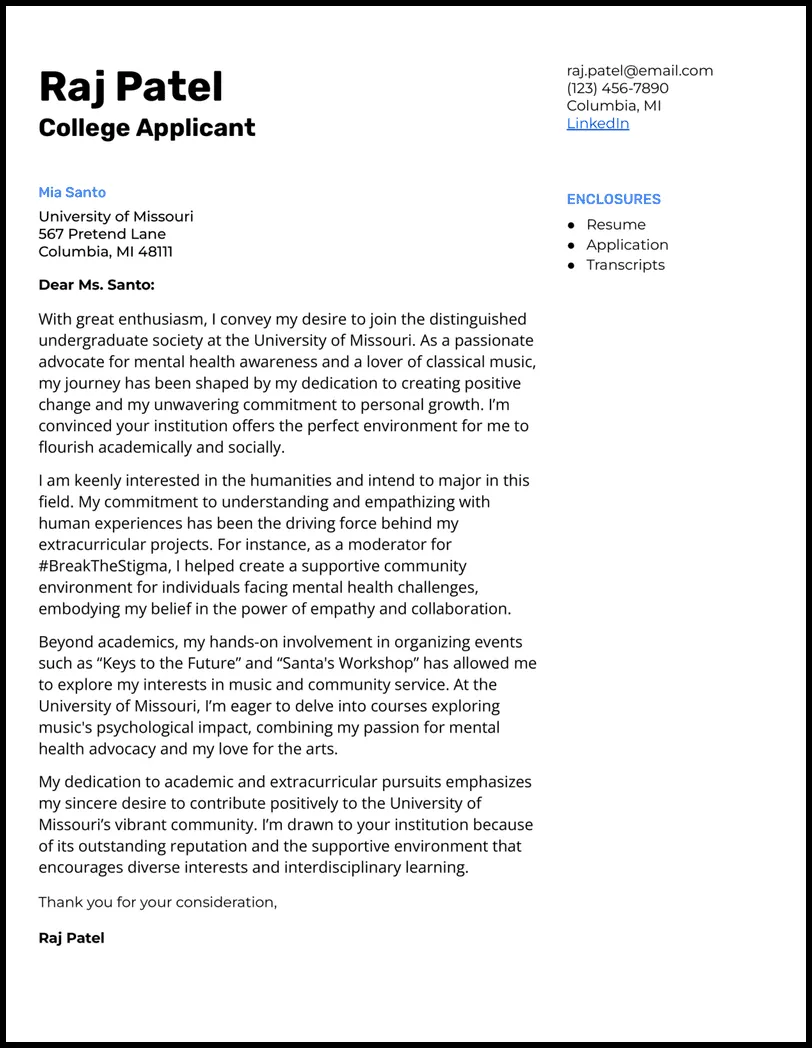
If you lack extensive work experience, highlight relevant coursework. Describe projects, papers, or presentations that demonstrate skills applicable to the job. Provide specific examples and connect these academic experiences to the job requirements. This shows your practical application of knowledge and your ability to perform tasks related to the role. Include details about what you learned and achieved, emphasizing your capabilities.
Emphasize Extracurricular Activities
Extracurricular activities can provide valuable skills and experiences that employers seek. Showcase leadership roles, teamwork, project management, or any other relevant activities. Describe your involvement, responsibilities, and achievements. Connect these experiences to the job requirements, demonstrating your transferable skills. This section helps paint a well-rounded picture of you as a candidate, highlighting your initiative and dedication. Show the interviewer that you are a well-rounded and active person.
Quantify Your Achievements
Wherever possible, quantify your achievements to demonstrate your impact. Use numbers, percentages, or specific results to showcase your accomplishments. For example, instead of saying ‘Improved customer service,’ say ‘Improved customer satisfaction scores by 15%’. This makes your claims more credible and shows the tangible value you bring to the table. Quantifiable results stand out and make a lasting impression. Always strive to use numbers to provide objective evidence.
Demonstrating Your Enthusiasm
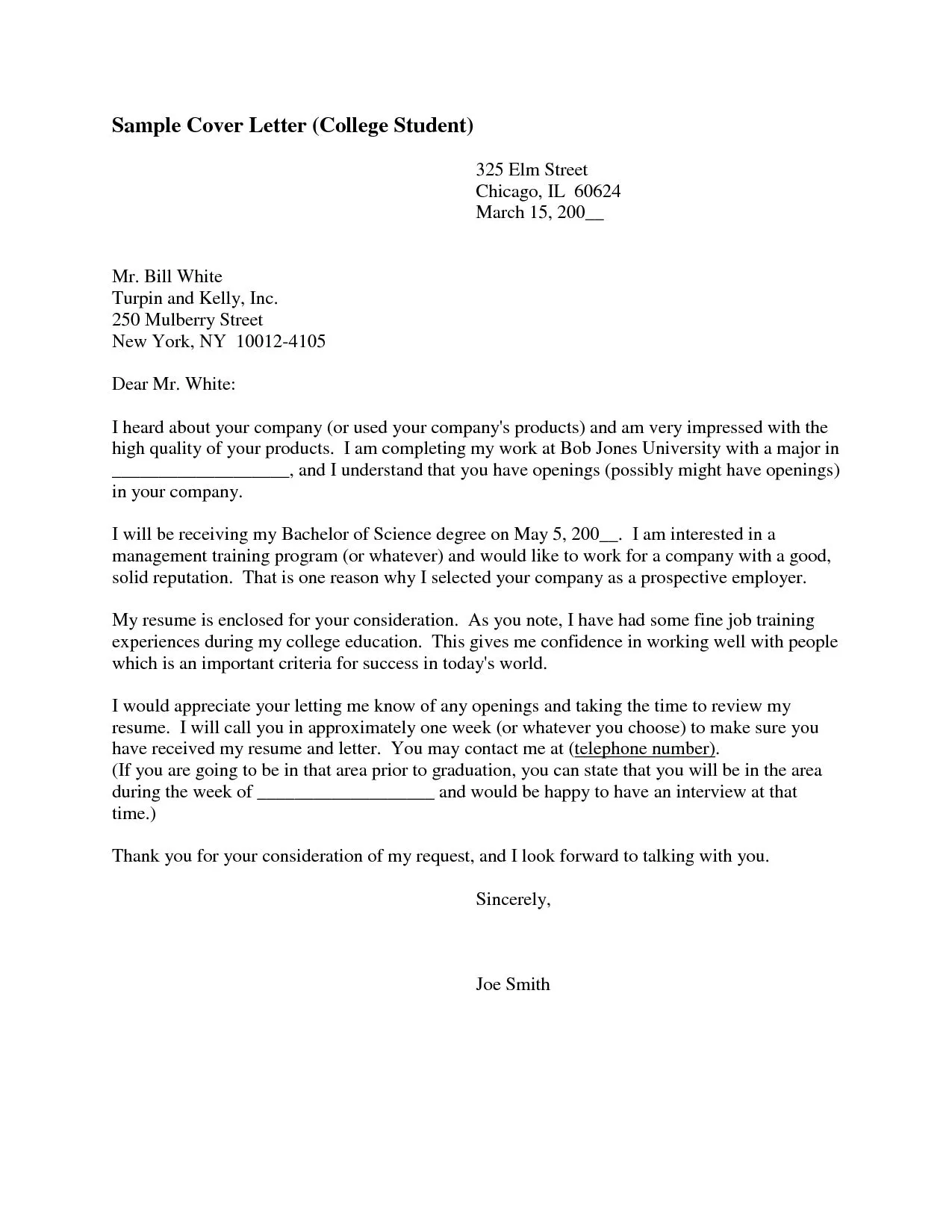
Throughout your cover letter, demonstrate genuine enthusiasm for the role and the company. Express your interest in the specific job duties, the company’s mission, and the industry. Research the company and mention specific projects, values, or initiatives that resonate with you. Your enthusiasm helps you stand out from other applicants and shows that you are truly invested in the opportunity, and it makes the hiring manager more likely to want to meet you. This passion can be a key differentiator.
Closing the Letter
The closing of your cover letter should be concise and impactful. Express your gratitude, restate your interest, and include a call to action. This ensures that you leave a positive and memorable impression on the hiring manager. A well-crafted closing paragraph can significantly increase your chances of getting an interview.
Expressing Gratitude
Thank the hiring manager for their time and consideration. Show your appreciation for the opportunity to apply and express your enthusiasm for the role. A simple expression of gratitude is a polite and professional way to end your letter and can leave a positive impression. This also reinforces your professional demeanor.
Call to Action
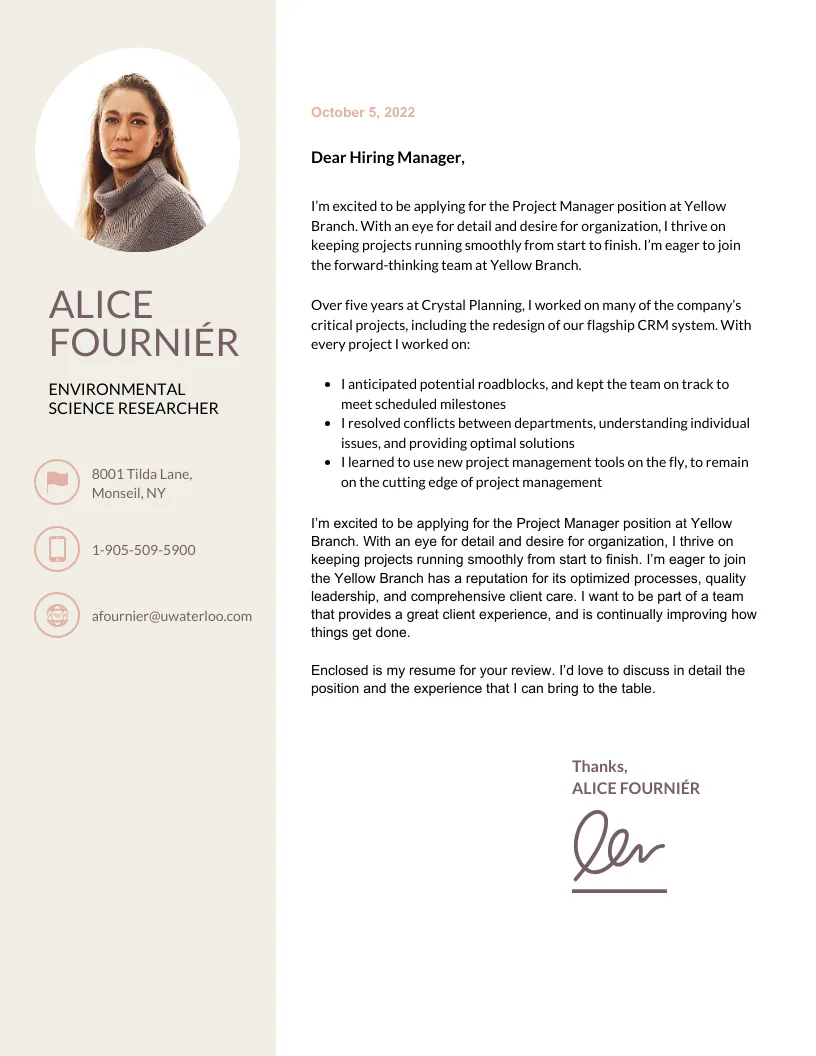
End with a clear call to action. State that you look forward to hearing from them or that you are available for an interview at their earliest convenience. Make it easy for the hiring manager to take the next step. This direct approach encourages them to move forward with your application. Make sure your call to action is clear and concise.
Proofreading and Formatting
Proofreading and formatting are crucial to ensuring your cover letter is professional and error-free. Errors, whether grammatical or formatting related, can reflect poorly on your attention to detail. Take the time to meticulously review your letter and ensure it meets professional standards. A polished cover letter makes a strong positive impression and increases your chances of success.
Common Mistakes to Avoid
There are several common mistakes that college students should avoid in their cover letters. Avoid generic templates; always tailor your letter to the specific job and company. Avoid typos and grammatical errors; always proofread carefully. Do not be too long; keep it concise and focused. Don’t simply repeat your resume; expand on your skills and experiences. And, do not be negative or overly casual; maintain a professional tone throughout the letter. Avoiding these mistakes will increase your chances of creating a cover letter that stands out.
